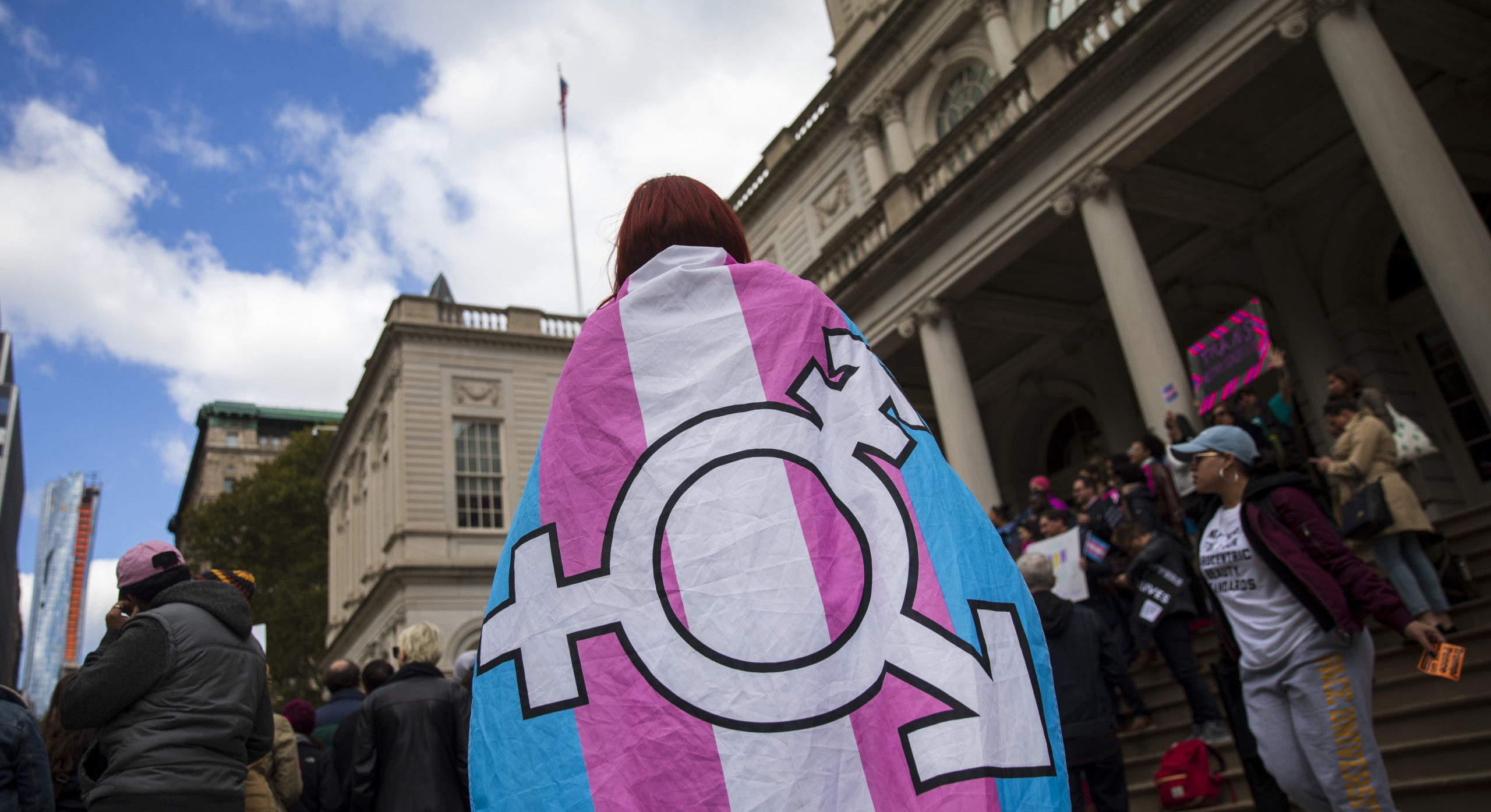“It’s definitely a girl,” said the doctor performing my ultrasound last week. There was no mention of “assigning sex”, just a statement of fact spoken in the language you would expect. But will my baby girl be allowed to define herself simply as a woman in years to come? Maybe not, if Cambridge Dictionary has its way. The online dictionary has added a new second definition under “woman”: “an adult who lives and identifies as female though they may have been said to have a different sex at birth”.
It is the latest in a long series of examples that chip away at what it means to be a woman, often erasing our sex class in the process. While Cambridge Dictionary seems to think anyone should be able to call themselves a woman if they happen to feel like it, actual biological women must constantly fight to stake claim to the word. Instead, we are reduced to dehumanising terms like “menstruators” or “cervix-havers” — even in healthcare campaigns.
A few years ago, Cancer Research ran an awareness campaign calling on “anyone with a cervix” to go for a smear test, and there are an increasing number of NHS maternity services and organisations where gender-neutral terms such as “pregnant people” or “chest-feeders” are creeping into their literature, in some instances even replacing “women” and “mothers”. In July, Merriam-Webster added a supplementary definition of “female” as “having a gender identity that is the opposite of male”.
There is a real danger here. If dictionaries begin to describe women in this way then it will become even harder to maintain a legal definition of the word that allows for necessary female single-sex spaces, such as women’s refuges. This is something that is already becoming contentious — just look at the backlash JK Rowling has faced for daring to launch a women-only support centre for victims of sexual abuse in Edinburgh.
Of course, language evolves and so dictionaries update words and meanings once a new term has entered popular usage, but are we really expected to believe that lexicographers at Cambridge Dictionary think the majority of English-speakers would agree to and use their new definition? A dictionary is supposed to help us define, to find true and accurate meanings in language in order to help make sense of the world around us.
Similar to the trend for invented gender-neutral pronouns, Cambridge Dictionary’s woman update feels like an unnatural attempt to shoehorn in a language change and impose it onto people, whereas a change or addition to a dictionary definition should really be the opposite: coming from the people who use those words, us.
We should always be wary of any attempts to control our language and the way we use words. They are usually authoritarian and ideologically driven, two motivations that certainly have no place in compiling an informative resource.
“It’s definitely a girl,” said my doctor, not because she was trying to be controversial, but because it was the truth.











Join the discussion
Join like minded readers that support our journalism by becoming a paid subscriber
To join the discussion in the comments, become a paid subscriber.
Join like minded readers that support our journalism, read unlimited articles and enjoy other subscriber-only benefits.
Subscribe